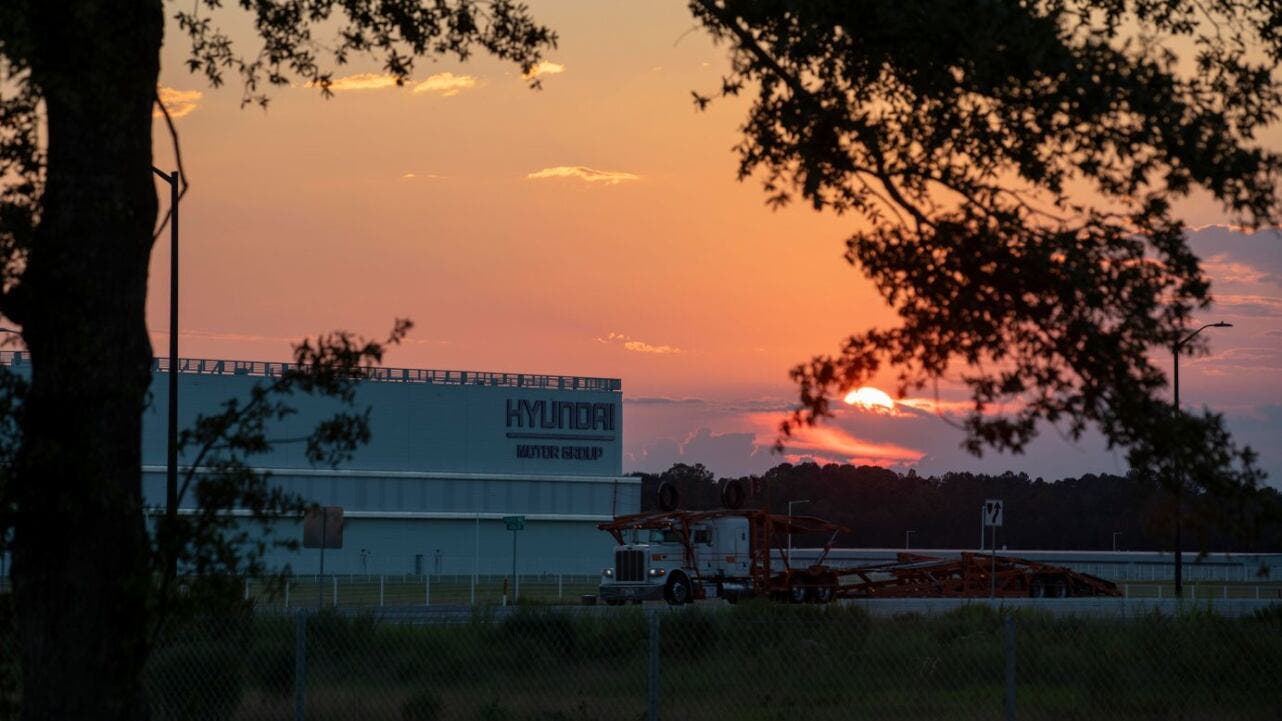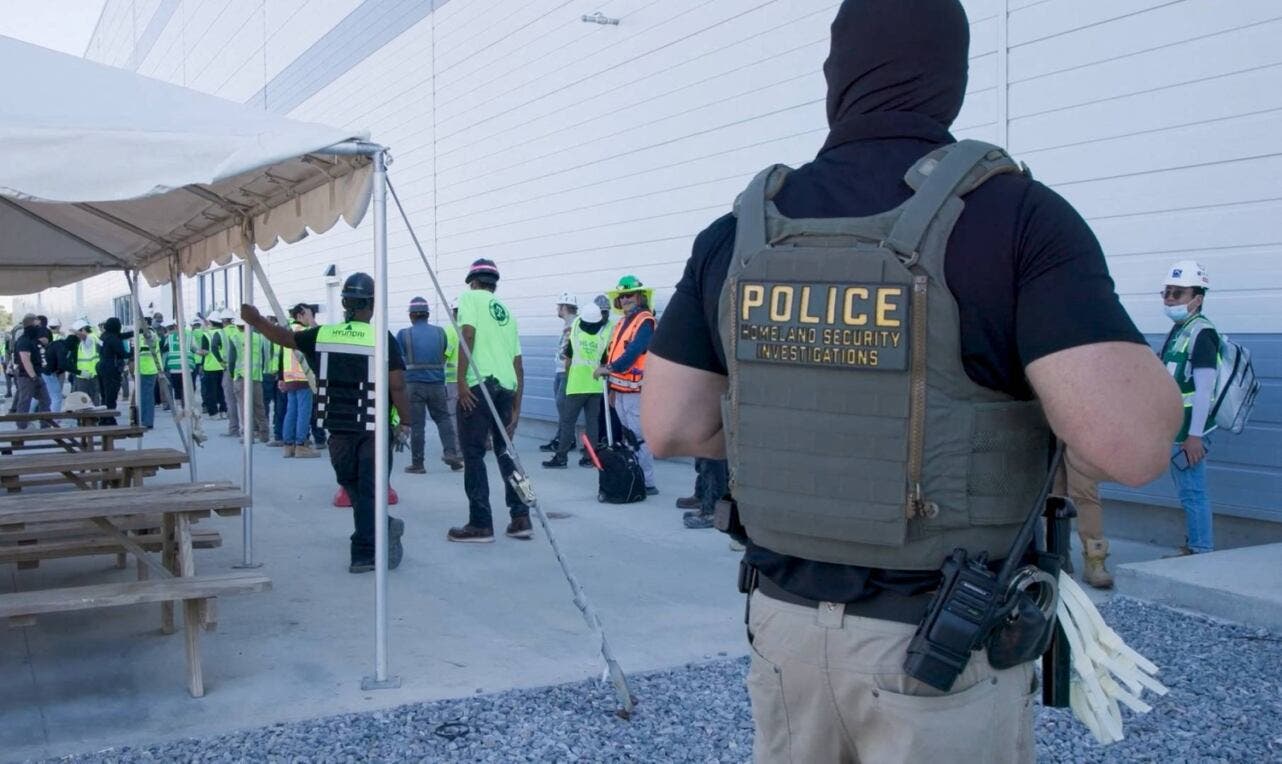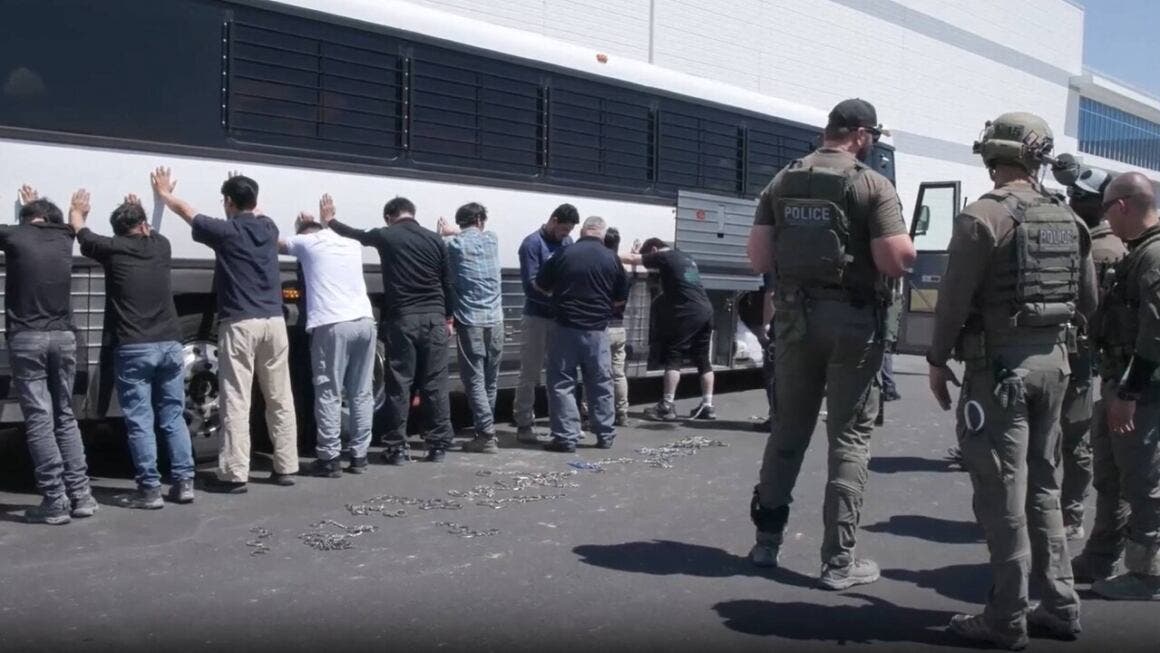The recent raid carried out by US authorities at Hyundai-LG plant in Georgia, described as the largest national security operation ever conducted at a single site, has triggered a storm of diplomatic and economic consequences.
The crackdown targeted hundreds of workers, many of them South Koreans employed by subcontractors to help build a massive electric vehicle battery plant, and it immediately highlighted the internal contradictions of the Trump administration: a push to boost domestic production on one side, and a hardline stance on immigration on the other.

The facility, located in Ellabell near Savannah, is a joint venture between Hyundai Motor Group and LG Energy Solution. It represents one of the most strategic investments in America’s manufacturing sector, a multibillion-dollar project expected to create thousands of jobs and strengthen US-South Korea commercial ties.
However, the raid led to the arrest of about 475 individuals, most of them South Korean, sparking immediate diplomatic frictions. Seoul’s government acted swiftly, negotiating the repatriation of its citizens and dispatching the foreign minister to Washington to manage the crisis. Meanwhile, South Korean media and public opinion harshly criticized the operation, accusing the United States of undermining economic cooperation at a time when Trump was demanding new investments from its long-standing ally.

The broader political context makes the situation even more complex. Tariffs temporarily reduced after tense negotiations, restrictive visa policies, and anti-immigration rhetoric indirectly affect trusted partners. To make matters worse, the Hyundai-LG plant had already been under scrutiny by local media for safety concerns and poor working conditions, with several worker fatalities reported.
Hyundai and LG distanced themselves, promising internal investigations while stressing their commitment to full compliance with US laws. Both companies pointed out that most of those detained were subcontractors, but the controversy has nonetheless exposed the vulnerabilities of a business model heavily reliant on international cooperation that can easily clash with domestic policies.
This raid is not just a law enforcement incident, it’s a crucial test for US-South Korea relations, a wake-up call about the risks facing foreign industrial investment, and a reminder that economics, politics, and national security are increasingly entangled.
